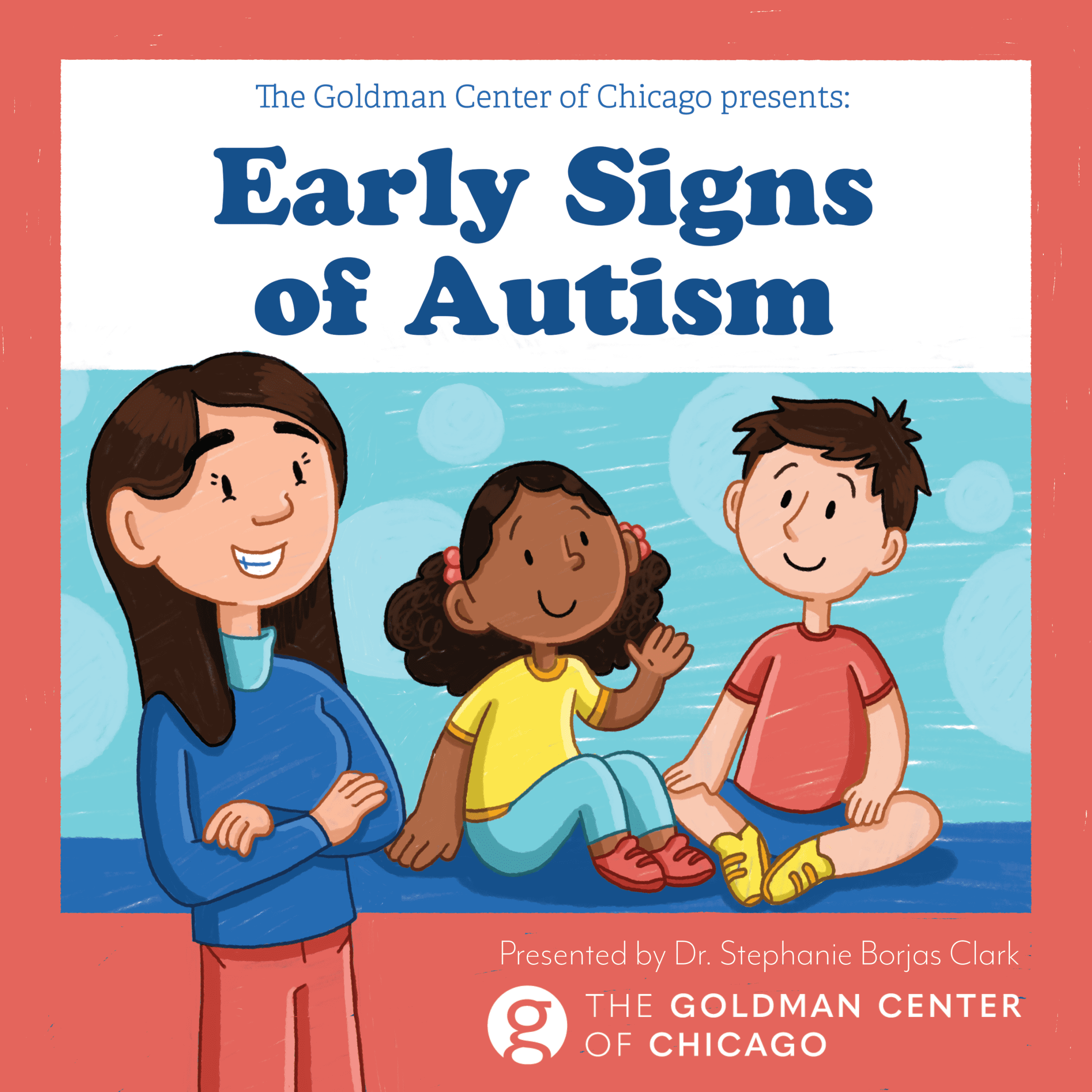Autism spectrum disorder (ASD) affects each child differently, but early identification and intervention can make a significant difference in a child’s development. Recognizing the early signs of autism allows parents, caregivers, and healthcare professionals to seek support and provide the appropriate resources as early as possible. The earlier autism is detected, the greater the opportunity for the child to receive specialized interventions that foster social, communication, and cognitive growth.
This guide covers the most common early signs of autism and emphasizes the importance of seeking a professional evaluation if concerns arise. Keep in mind that every child develops at their own pace, and having one or more of these signs does not necessarily mean a child has autism. However, if you notice several of these behaviors, it may be helpful to seek further evaluation from a professional, such as a pediatrician or developmental specialist.
What is Autism?
Autism spectrum disorder (ASD) is a neurodevelopmental condition that affects communication, social interaction, and behavior. The term “spectrum” reflects the wide range of abilities, challenges, and symptoms that individuals with autism can experience. Some children may have significant challenges with speech and social interaction, while others may exhibit more subtle symptoms.
The key to understanding autism is recognizing that it is a spectrum, meaning that the signs and severity can vary greatly from one child to another. Despite this variability, there are common patterns of behavior that parents and caregivers should be aware of, particularly during a child’s early years.
When Can Early Signs of Autism Appear?
The earliest signs of autism can appear as early as 6 months of age, but many parents notice developmental differences around 18 months to 2 years. In some cases, children may develop typically for the first few years of life and then begin to lose previously acquired skills, such as language or social interaction. While every child is different, early intervention programs can begin as soon as signs of autism are identified, so it’s important to monitor your child’s development closely.
Common Early Signs of Autism
Here are some early signs of autism in children by age group:
By 6 Months:
- Lack of eye contact: Infants may not make eye contact with caregivers or respond to facial expressions.
- Limited smiling: Infants with autism may not smile at familiar faces or in response to social interactions.
- Absence of back-and-forth interactions: A lack of reciprocal exchanges, such as cooing, smiling, or babbling, may be an early indicator.
By 9 Months:
- Limited or no engagement with social games: Games like peek-a-boo or pat-a-cake may not interest the child.
- Reduced facial expressions: The child may not use a wide range of facial expressions to communicate feelings.
- Minimal response to sounds: Infants may not respond to their name or other auditory cues.
By 12 Months:
- Lack of babbling: A child may not babble or vocalize, or their babbling may be delayed.
- No pointing or showing: Children may not point to objects or try to show interest in what others are doing.
- Limited or no gesturing: The absence of common gestures, like waving or reaching, can be a concern.
- No response to their name: A child who doesn’t respond when their name is called by 12 months may be exhibiting a sign of autism.
By 18 Months:
- Few or no words: Children with autism may have limited speech, or they may not speak at all.
- Difficulty in playing pretend games: A child may struggle with or show no interest in pretending to feed a doll, talking on a toy phone, or other imaginative play.
- Lack of imitation: Children may not imitate actions like clapping, waving, or making sounds.
By 24 Months:
- Few meaningful two-word phrases: Children with autism may not combine words into simple phrases by age 2.
- Repetitive behaviors: Repetitive movements or actions, such as hand-flapping, rocking, or spinning, may become more noticeable.
- Loss of language skills: Some children may experience a regression, where they lose previously acquired language or social skills.
- Limited interest in peers: A child with autism may not seek out or interact with other children in the same way their peers do.
Social and Communication Red Flags
- Delayed speech and language development: Many children with autism experience significant delays in developing speech and language.
- Difficulty with social interactions: Children may avoid or have difficulty interacting with peers or family members.
- Avoidance of physical contact: Some children with autism may resist being touched or held, even by familiar caregivers.
- Rigid routines: Children with autism may exhibit strict adherence to routines and may become distressed when those routines are disrupted.
Behavioral Signs of Autism
- Repetitive behaviors: These include hand-flapping, rocking, spinning, or repeating the same phrases or sounds.
- Fixation on specific objects or activities: Children may become intensely focused on particular items, such as toys or specific parts of objects (e.g., wheels on a car).
- Sensory sensitivities: A child with autism may be overly sensitive to sounds, lights, textures, or smells, or they may be under-responsive to sensory stimuli.
What Should You Do If You Notice These Signs?
If you observe any of the early signs of autism in your child, it’s essential to seek guidance from a healthcare provider, such as a pediatrician or developmental specialist. While every child develops differently, early screening and evaluation are critical steps toward obtaining the support your child may need.
Your pediatrician may conduct developmental screenings during routine checkups, but if you have concerns in between visits, don’t hesitate to reach out. Early intervention services, such as speech therapy, occupational therapy, and applied behavior analysis (ABA), have been shown to improve developmental outcomes for children with autism.
The Importance of Early Intervention
Early intervention is key to helping children with autism reach their full potential. Research has shown that children who receive early support in areas such as communication, social interaction, and behavior have a better chance of making significant progress. Early intervention programs focus on helping children develop the skills they need to thrive, both in school and in everyday life.
While the signs of autism can be daunting for parents and caregivers, it’s important to remember that there is support available. Early identification and intervention can help your child build essential skills and improve their quality of life.
How The Goldman Center of Chicago Can Help
At The Goldman Center of Chicago, we specialize in the early identification and treatment of autism. Our team of experienced professionals offers diagnostic evaluations, ongoing therapy services, and personalized support to help your child reach their developmental milestones. Whether you’re seeking a diagnostic evaluation or need guidance on the next steps for your child, we are here to help.
Final Thoughts
Understanding the early signs of autism can help parents and caregivers take proactive steps toward seeking evaluation and support. Trust your instincts, and if you have concerns about your child’s development, don’t hesitate to reach out to a professional. The Goldman Center of Chicago is committed to helping families identify autism early and providing the tools and resources necessary for a brighter future.






